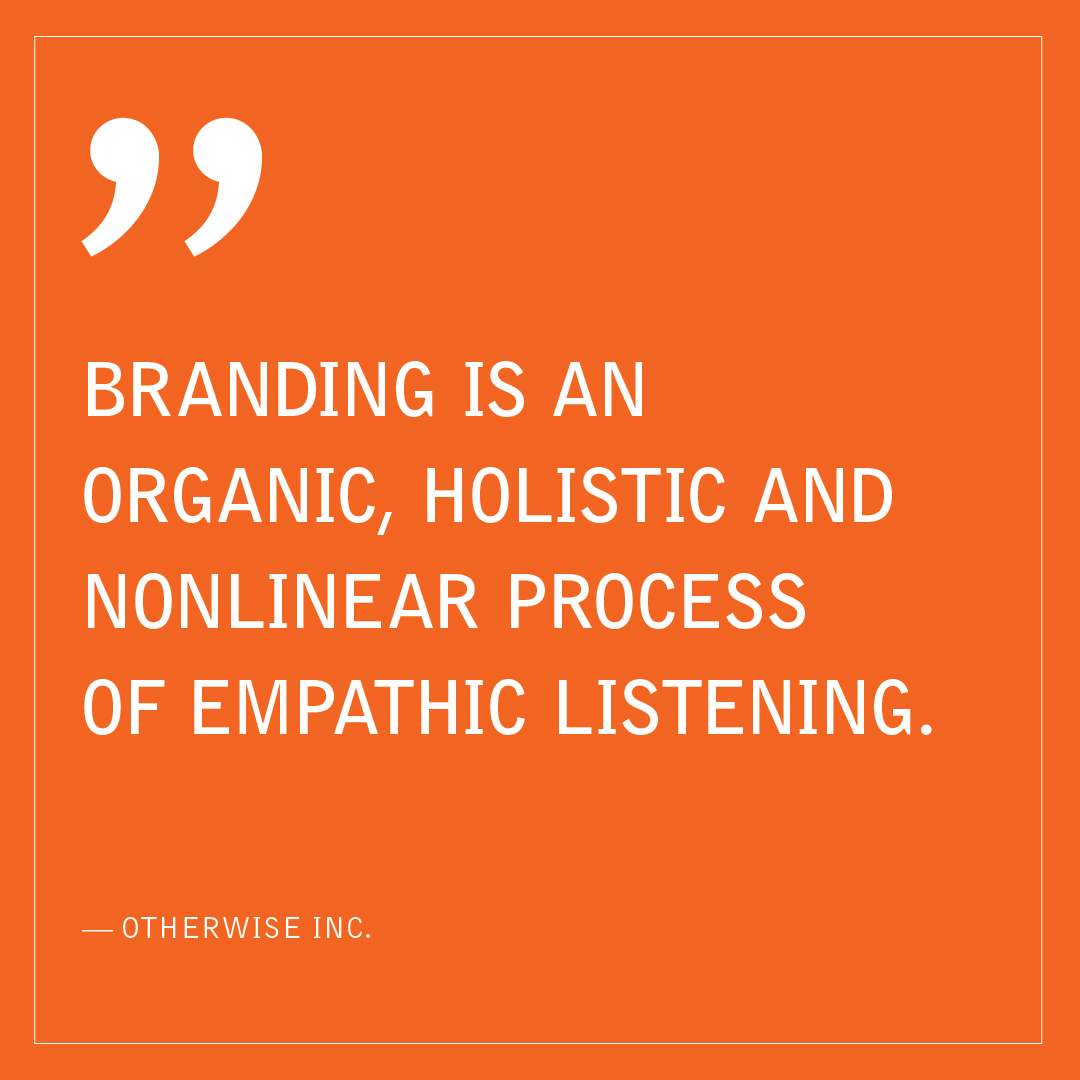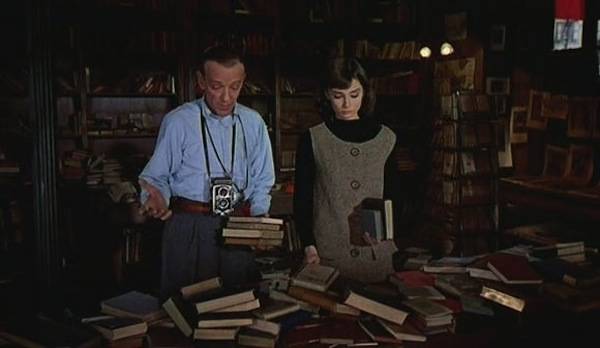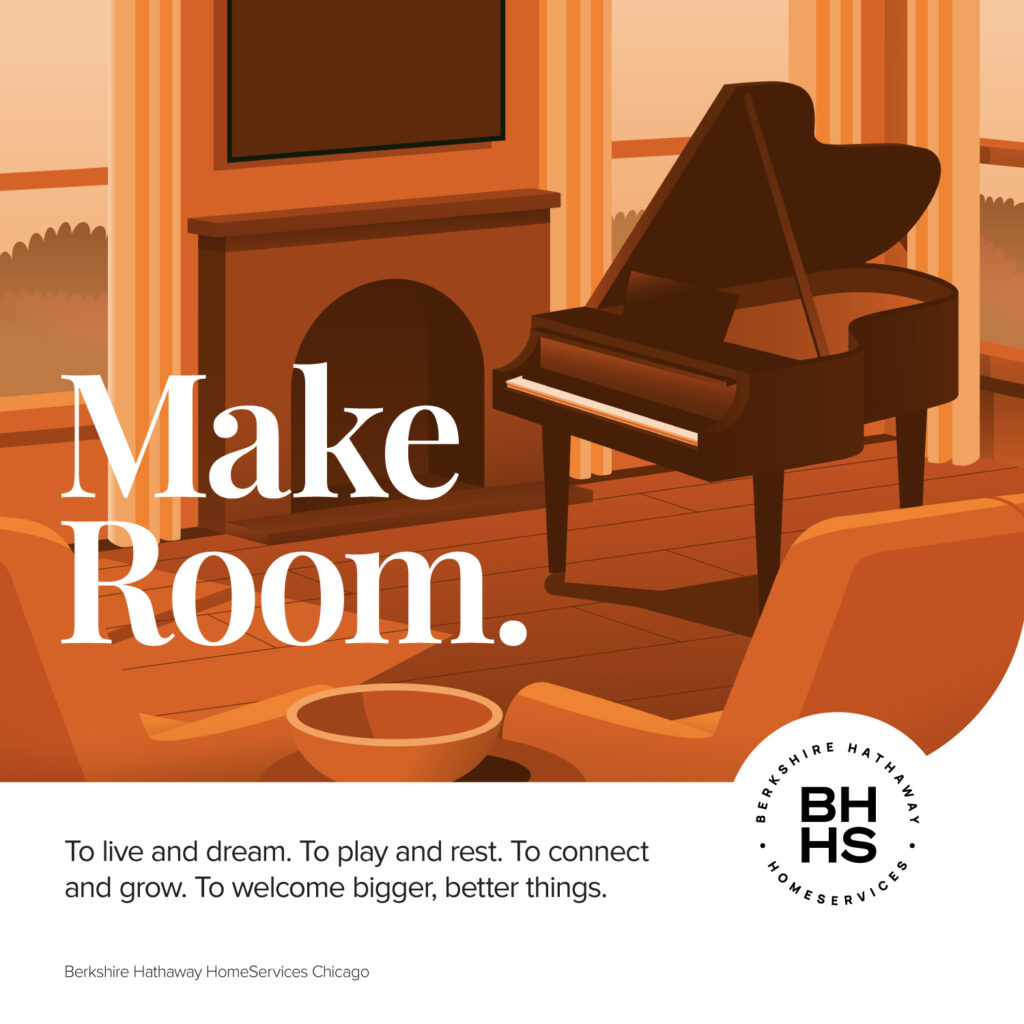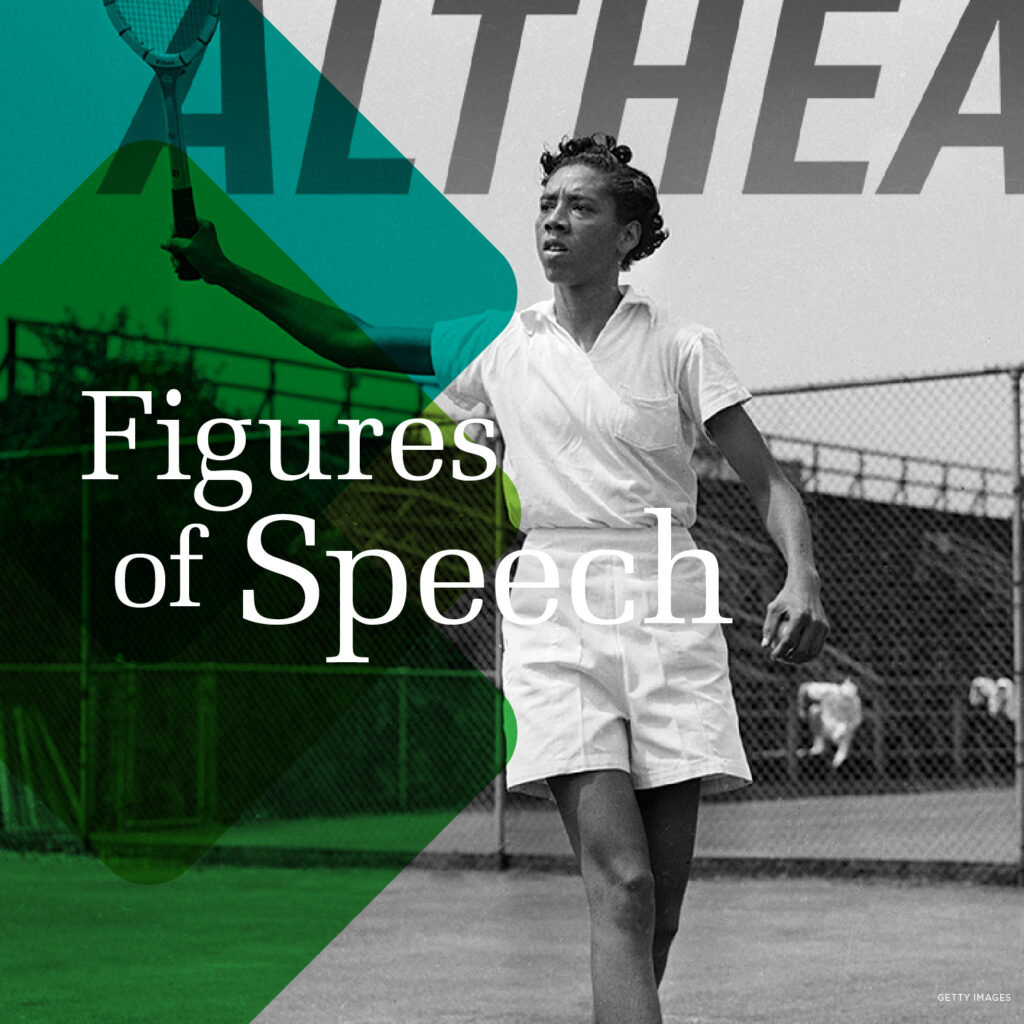An Empathic Approach to Branding


Last Sunday, an Audrey Hepburn marathon played on Turner Classic Movies network — the second film to play was Funny Face (1957). In the film’s iconic scene, Audrey Hepburn’s character, Jo Stockton, perches on a long, wooden library ladder, head tilted so far to the side that it looks like she’s cradling a landline between cheek and shoulder. She stacks books with an unreadable expression, Fred Astaire curiously stands directly next to her and demands, “Well, what’s empathicalism?”
Nonchalant, Jo Stockton responds, “The most sensical approach to true understanding and peace of mind… Empathy is to project your imagination, to actually feel what the other person is feeling. You put yourself in the other person’s place.”
Alas, empathicalism is a fictitious philosophical doctrine created by a professor in Funny Face. The idea of empathy, however, has been around for a long time, the word coming from the Greek empatheia, “passion, state of emotion.”
In our experience, the power of empathic inquiry lies in its efficacy as a mechanism for driving candid dialogue. What that dialogue becomes is different based on every client, but it is the foundation of an approach to branding that allows for shared purpose; for creating together. In this sense, we grow ideas together, in unison, and shape a final product from a deep empathic root.
In these intentional conversations we have with clients, we sift through the kernels of greatness they share (sometimes without them knowing it) in order to lift out something profound and utterly human. We consider ourselves a mirror to our clients, and contextualizing their inspiration and projecting it into the shape of a brand is how we actualize visions.
Branding can easily become —and often is — an exchange between client and agency, rather than a partnership where the agency not only hears what the client wants, but listens for that which is frequently unarticulated: what the client needs. For us, branding is an organic, holistic and nonlinear process of empathic listening and offering ideas that the client may have not been able to vocalize, but we are able to materialize. With our work being driven both by content and design, we embrace a kind of presque vu — the beliefs and insights that need help in order to take form.
Empathy is not just a physical response, it is also a state of mind. At Otherwise, it is baked into our DNA. It is applied to every project, interaction and task. To us, it is a natural part of the creative process and the only way we engage with work. And while the scholarly field of empathicalism might be a concoction of a witty Hollywood scriptwriter in the 1950s, we treat it as if it is real and true every day…








